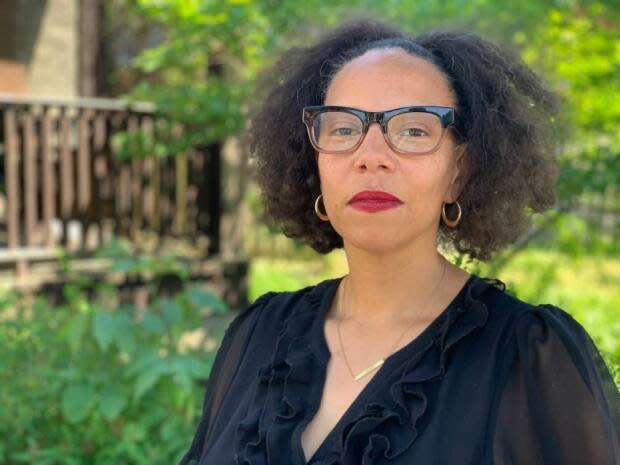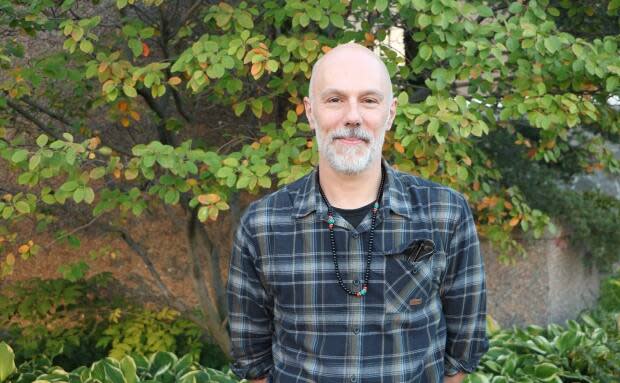N-word found in history textbook used by Montreal high schools
The N-word has sparked many conversations and debates in the past few weeks in Quebec.
Now, it's been spotted in a textbook circulating in Montreal high schools, prompting some parents and teachers to ask whether using it at all is really necessary.
The history textbook, Journeys through the history of Quebec and Canada, photos of which were shared with CBC, is a translation from French to English and was published within the last three years.
The word appears in a reference to a 1968 book by Pierre Vallières, which compares the struggle of francophone Quebecers to the civil rights struggle of African Americans.
The word is featured in bold, in the headline of a section called "Focus."
The paragraph underneath explains the premise of the book, saying Vallières wanted Quebec workers to "free themselves from their condition as exploited labourers and second-class citizens."
But it lacks context, says Alison Saunders, a parent of two children at Lester B. Pearson high schools, who believes there are better ways to refer to the word than printing it in full.
"It affects people," Saunders said. "It has a physical effect on some people and when you see it written, it's not a good word to see."
"I'm thinking of my son in Grade 10: he doesn't need to be reading that."

She added that the plight of francophone Quebecers is widely covered in Quebec classrooms, "but there's other parts of my history I don't know at all, so it's interesting what we choose to focus on."
Quebec's high school history curriculum has been criticized for its narrow focus.
In 2018, an independent review commissioned by the English Montreal School Board concluded the province's high school history textbooks fail to adequately tell the story of Black communities, communities of colour and Indigenous populations in the province.
The review went as far as to say the books should be pulled from classrooms.
Michael Cohen, a spokesperson for the EMSB, confirmed the book has been used by high schools in the school board for a few years, but said he isn't aware of any complaints about it so far.
Cohen said board staff would take another look at it, but did not elaborate on what action such a review could entail.

Lester B. Pearson School Board said the textbook is also being used by some of its schools.
"There is importance in educating our students about history in order to avoid its repetition, but we acknowledge that this word is offensive and hurtful," spokesperson Joanne Malowany wrote in an email.
"We recognize that this is an opportune moment to reflect upon our selected classroom resources, and will include this example to be considered as we take action on racism."

Robert Green, who teaches social sciences at Westmount High School, says he was shocked when photos of the passage in the book were shared with him by a McGill University researcher. He said a Montreal high school student alerted the researcher to it.
Green agreed with Saunders about the word's lack of context. He believes its presence in the book is an example of systemic racism.
"It's one thing to have that word there, but then to put it in bold in a heading, without any contextualization or counterpoint explaining the harmful history of this word is, I don't think, doing our students justice," Green said.
As far as he knows, Westmount High does not use the textbook.
"That no one saw this as a potential problem speaks to a disturbing lack of awareness of what racism is and how important language is in the perpetuation of racism," Green added.
The textbook's publisher, Les Éditions CEC, did not respond to a request for comment.


